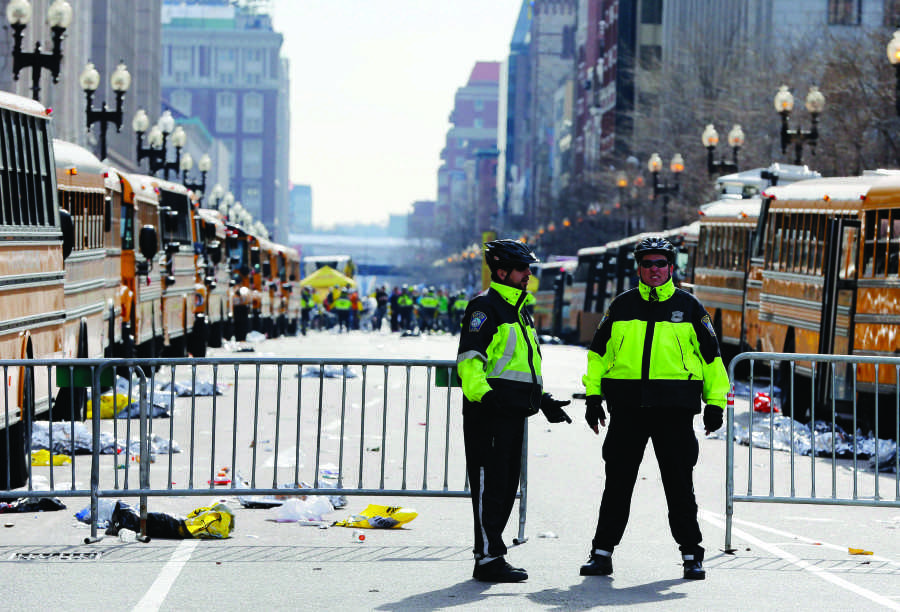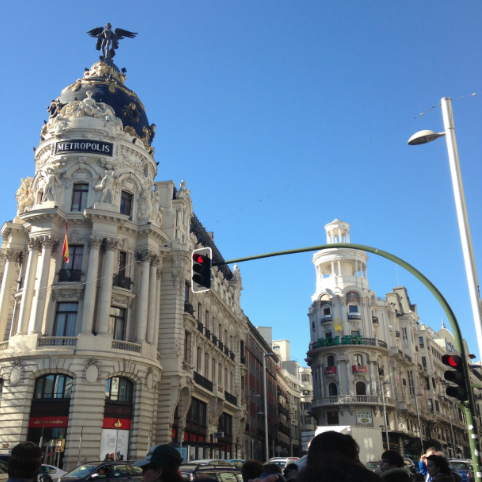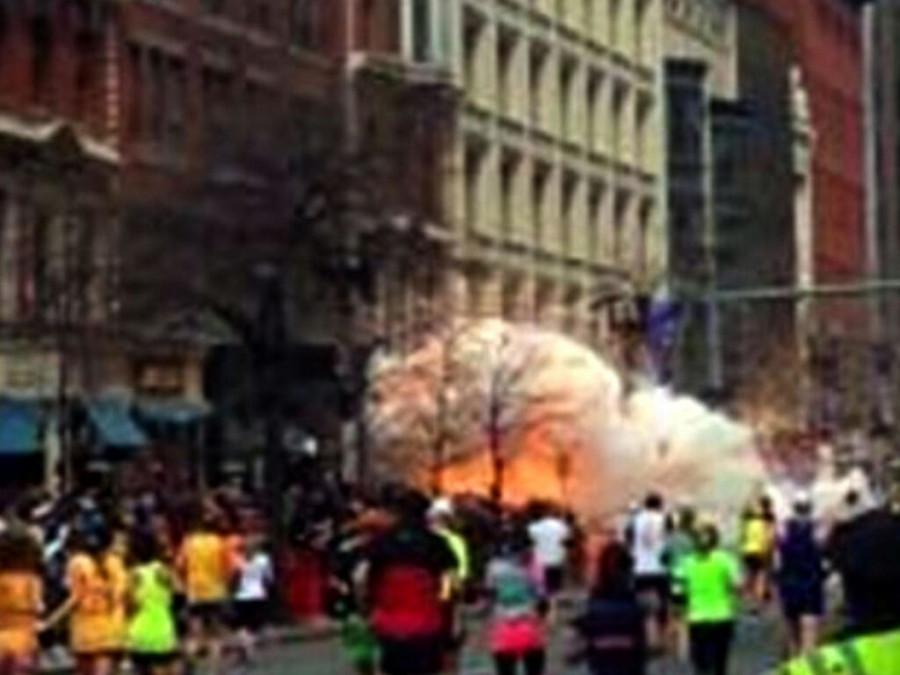
“Sometimes the moments that challenge us the most define us” is the opening line to the 2007 film “Spirit of the Marathon.”
As a runner, when I heard the news of the Boston Marathon explosions, I was in utter shock. Runners are a worldwide community, and the thousands of runners that started the marathon are my friends.
When I go out for a run and cross paths with a complete stranger, I usually give them a head nod or a wave. I may see that person on the same path every day or I may never see them again, but that feeling of appreciation for running is communal.
The Boston Marathon is like Christmas for runners. Thousands of spectators gather from the starting line in Hopkinton through Copley Square to cheer on everyone from the elites to the recreational runners. How often do you get a chance to see people running on television at a sports bar? Only in Boston.
The relationship between Boston and its marathon is unmatched by any other city. Just four days before the Boston Marathon, police officials warned that there would be zero tolerance for public drinking along the course out of respect to the runners.
Because of the attention on the race, marathoners in Boston are celebrities during marathon weekend. Bystanders understand the toil it takes to get to the marathon’s starting line and treat visitors to their city with respect. There were more than 20,000 celebrities this year. One of the beauties of Boston is that every one of those runners is treated as such. If someone is struggling as they charge Heartbreak Hill, the crowd will cheer and criticize them just as a fan would yell at a struggling Red Sox team.
The support is unbelievable. I have only ever run three half-marathons, but even after 13.1 miles I have no desire to walk more than a block. To hear of people continuing to run after the finish line to donate blood is remarkable. There are definitely people devastated at not being able to finish the race, but as we come to learn more about the events that transpired, I imagine it becomes a minor inconvenience.
Whoever chose to attack the Boston Marathon also chose the wrong people to mess with. Boston has a surly reputation as a city. There was a lot of support for the marathon before, but now it’s personal. The city will bounce back very much like New York after 9/11.
After the cancellation of the New York City Marathon due to Hurricane Sandy, hundreds of runners gathered in Central Park to run their own unofficial marathon. Within a matter of days, collective runs will be scheduled by groups to support Boston relief and recovery.
Runners will get together and run, because that is what they do to build community in this country.





